Doggie TMJ
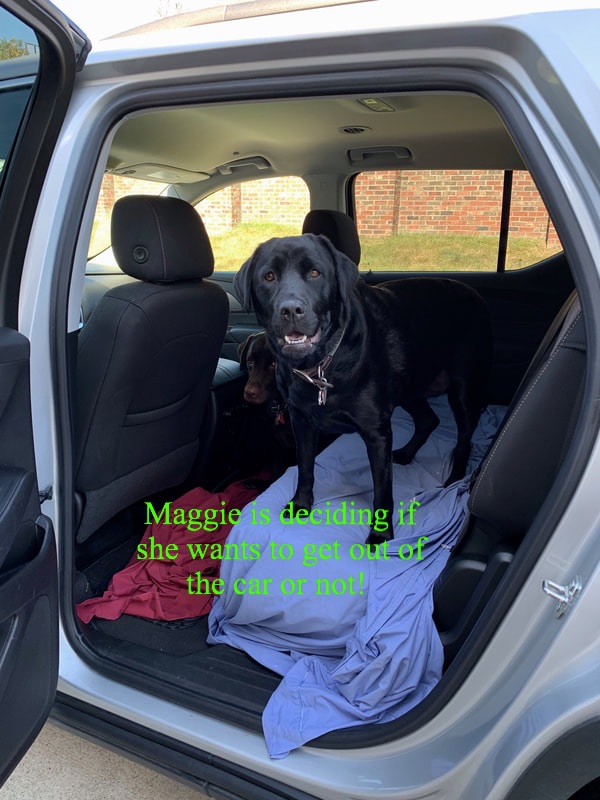
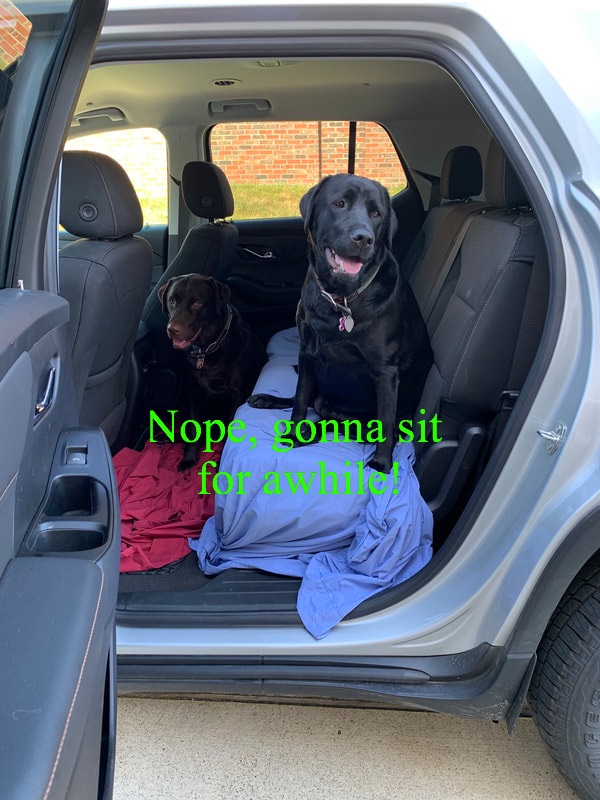
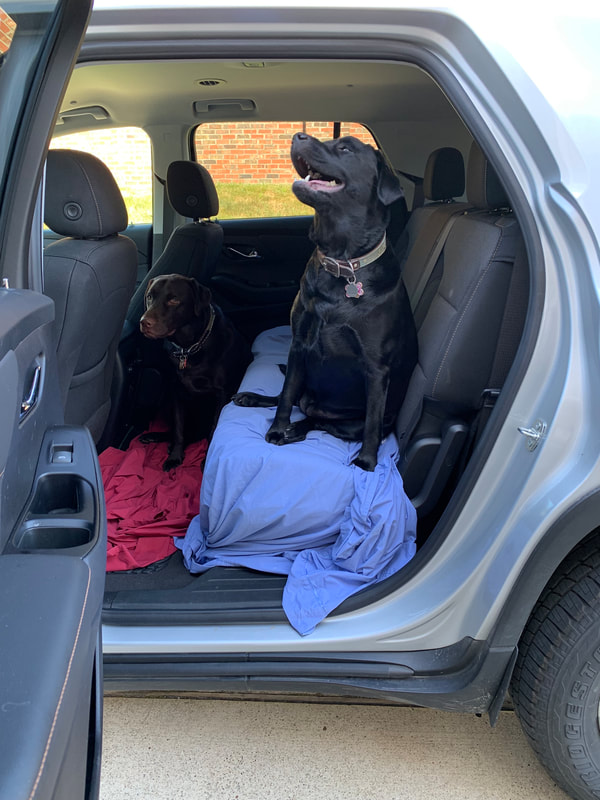
There are two temporomandibular joints, one on each side of the face, each one working in concert with the other. TMJ plays a pivotal role in the normal chewing process, and is essential for proper chewing. That and any disease of this joint compromises the ability to make normal mouth movements and chew food. Diseases and disorders of the TMJ are referred to as temporomandibular joint disorders.
Symptoms:
- Difficulty opening/closing the mouth
- Mandible bone may be out of place and visible from the side of the face (deviation of the mandible bone)
- Pain when chewing food
- Vocalizing, whining while trying to eat
- Loss of appetite
- Clicking noise when opening and closing mouth
- Swelling or lump on side of face (misplaced mandible bone)
- Drooling
- Deformed mouth or face
- Visible pain when opening mouth
- Extreme loss of weight
Causes
- Injury or trauma causing fractures to the joint
- Stress in joint after carrying heavy objects by mouth
There are three types of TMJ:
- Dislocation
- Traumatic (with or without fractures)
- Inflammatory
The treatment your veterinarian chooses will depend on what type of TMJ disorder your dog has. He may wait to see what the dentist has to say before any treatment is decided on just in case dental work needs to be done first. Some things the veterinarian may do in each type of disorder are:
Dislocation – In most cases, the veterinarian can manipulate the joint back into place and then insert a bite plate or just place a wrap on your dog’s muzzle to keep him from opening it. Your veterinarian will show you how to feed your dog with a feeding tube until the plate or wrap can be removed (which may only be 24 to 48 hours. If the joint does not stay in place after several tries, your veterinarian will suggest surgery to repair the joint. This may include removing a part of the jaw that is causing the problem or using wires to hold the position of the jaw.Traumatic (with fracture) – Depending on the extent of the damage, the veterinarian may be able to repair the jaw with manipulation under anesthesia. The fracture may be able to be stabilized if it is minor, but usually it is necessary for the veterinarian to surgically repair the fracture with wires or metal plates. Your dog will need to be kept in the hospital for one or two nights and then allowed to go home with cage rest and a feeding tube. It may take up to three months to heal.
Traumatic (without fracture) – When there is no fracture, the damage is usually not serious and the veterinarian can manipulate the joint back into place with your dog under anesthesia.
Inflammatory – IV fluids, anti-inflammatory medication, and steroids will be given to relieve the swelling and pain. Once the swelling goes down, you will be able to take your dog home with a prescription for anti-inflammatory medication.
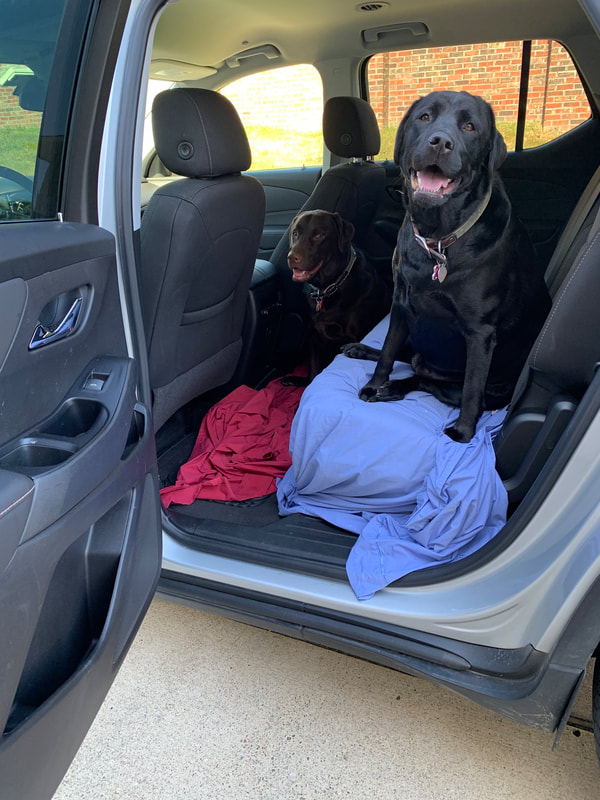
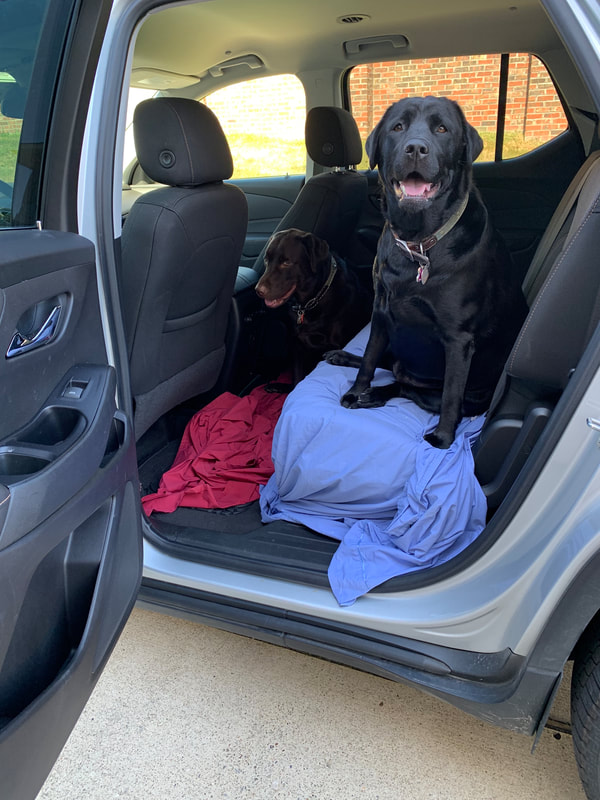
Diagnosis
Among the most common examinations and blood work, x-rays are a valuable tool in the diagnosis of TMJ disorders. This will allow your vet to better view the bones and joints in the face.
Magnetic resonance imaging (MRI) can be used as well, and can give a better, more detailed view that standard X-ray cannot.
If your veterinarian has an MRI machine in the clinic, this may be the recommended image technique. If something more severe is suspected, such as infection or tumor, your veterinarian may also take a small sample from the muscle tissue of the jaw so that other diseases that can cause similar symptoms can either be confirmed or ruled out.
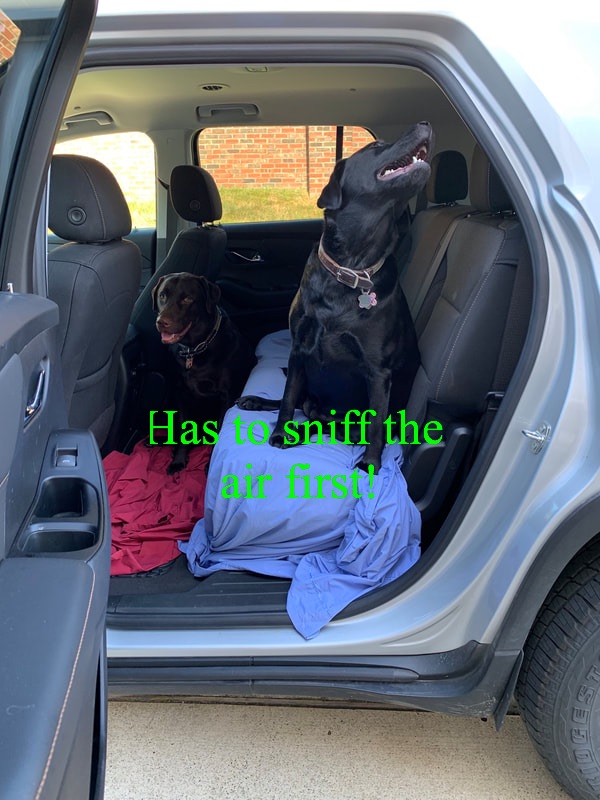
Treatment
Treatment for TMJ disorders is two-fold and is aimed at eliminating or altering the underlying cause as well as treating the symptoms. In case of complete dislocation of the TMJ, your veterinarian will try to repair it by placing an object at a specific site close to the joint, and gently closing the mouth with a push in order to reduce the dislocation. If this method does not work well or the problem becomes chronic, surgery may be required to correct the defect. Pain killers will also be given to reduce the pain related these disorders. Muscle relaxing drugs can also be prescribed, if need be, to reduce the muscle tension created as a result of the TMJ disorder.
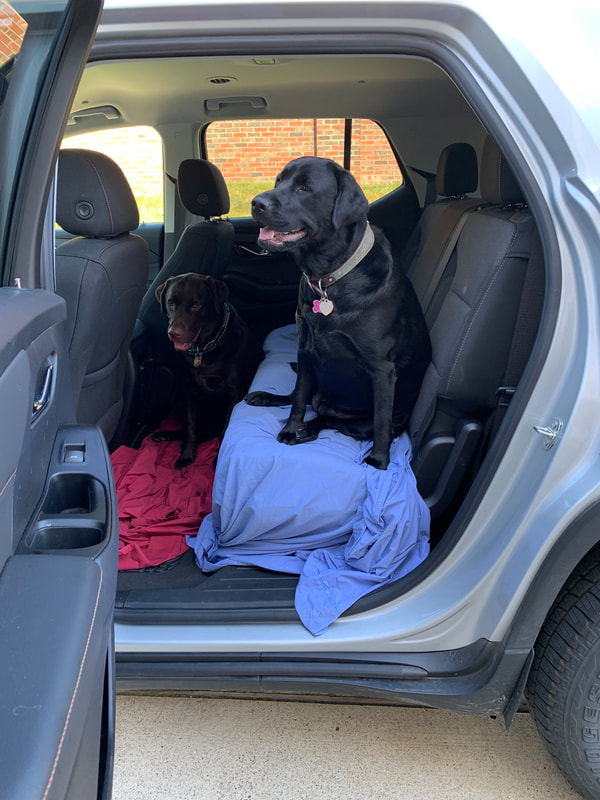
Living and Management
After surgery, your dog may feel sore and will need proper rest in a quiet place, away from other pets and active children. You might consider cage rest for a short time, until your pet can safely move about again without overexertion. Your veterinarian will also prescribe a short course of pain killers until your pet has fully recovered, along with a mild course of antibiotics, to prevent any bacteria from attacking your pet. Make sure that medications are given precisely as directed, at the proper dosage and frequency. Keep in mind that over dosage of pain medication is one of the most preventable causes for death in household animals.
This condition can be very painful, and regular pain relieving drugs may be required until the symptoms have resolved completely. Your veterinarian may also use a feeding tube to give your dog its required nutrients, especially if your dog is unable to take enough food through its mouth alone.
TMJ is common in humans as well. I know because I have been dealing with it for over 20 years now. I had no idea that dogs and cats could get this to…until now!! I think it pays to be careful how much weight your dog is lifting with his mouth and what kind of playtime activities he has. I found a lot of good information on this topic and compiled it into a short blog but if you have any questions, don’t hesitate to contact me!
I hope you enjoyed this post and the pictures of Maggie and Jake. I was trying to get them out of the car but they decided they wanted to have a look around and a sniff in the air first. LOL!

You Might Also Like
What Is the “777” Rule For Dogs?
Happy Wednesday, everyone! What is the "777" rule for dogs? The 777 Rule for Dogs is a simple guideline that helps adopters understand what to expect when bringing a new dog home—especially from a shelter or rescue. It reminds you that adjustment takes time and...
What Are The Health Hazards Of Walking A Dog During Winter?
Happy Wednesday, everyone! What Are The Health Hazards Of Walking A Dog During Winter? Maggie loves playing in the snow, but the major snowstorm that rocked our area on Sunday made it hard for us to stay out and play as long as we normally do. We got about 14...
Help Jasmine Get Adopted!
Jasmine A sweet pitbull named Jasmine is sitting at the Hancock County Animal Shelter waiting for adoption. My cousin adopted Jasmine from this shelter two years ago. Sadly, my cousin passed away recently, and the police were instructed to take Jasmine directly...


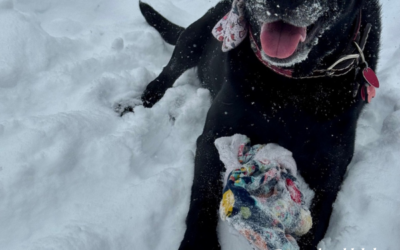
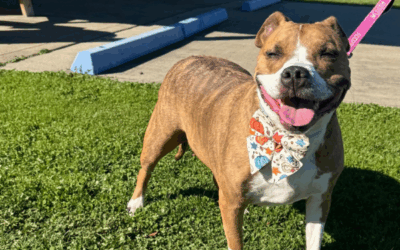
0 Comments